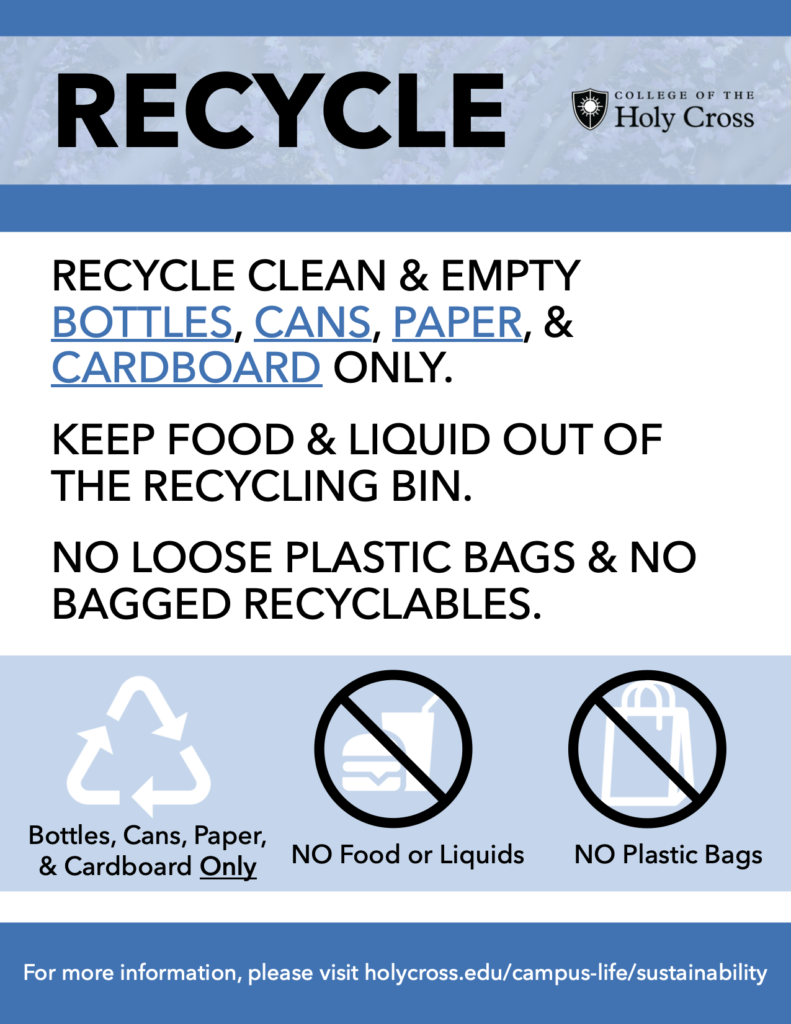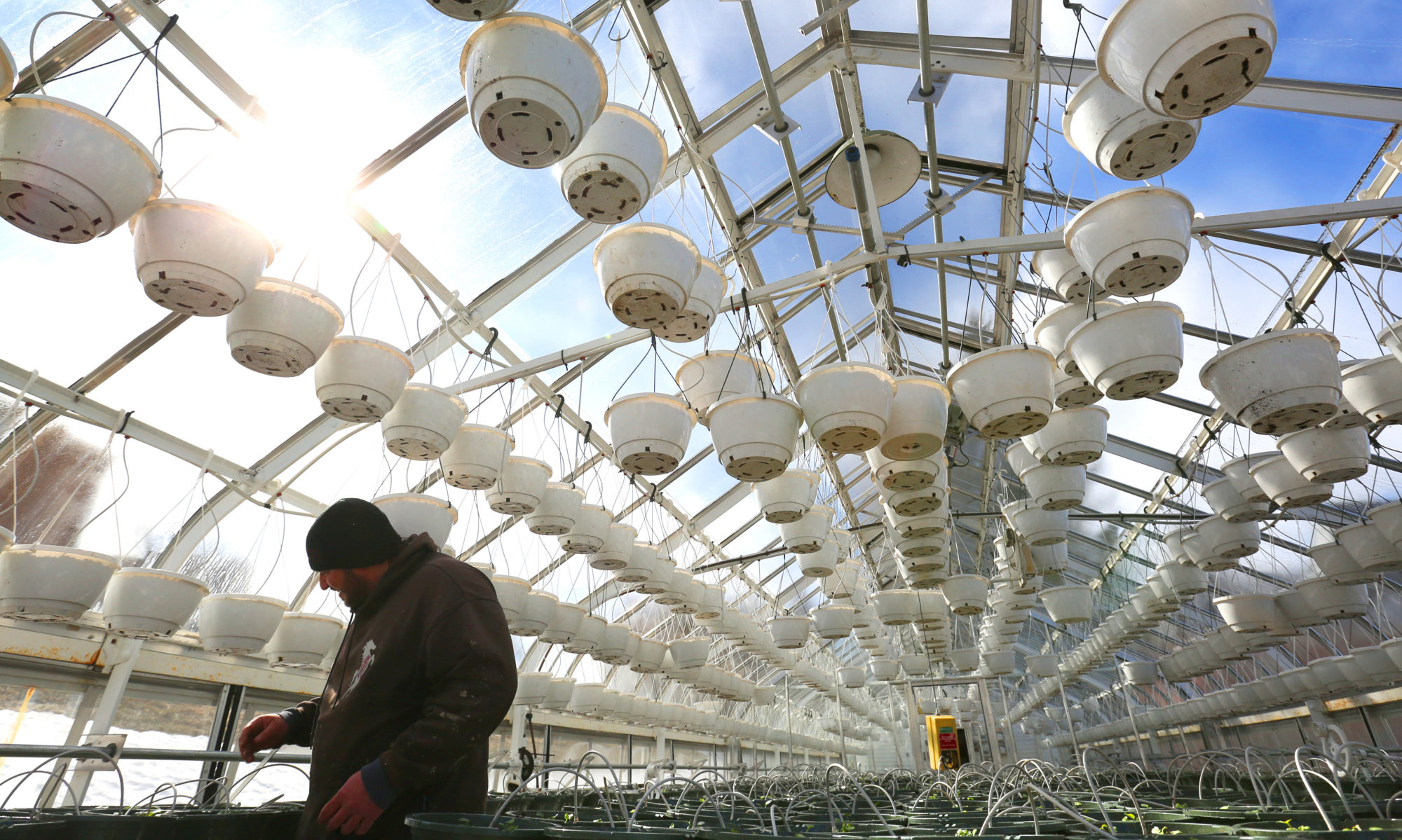What motivated you to explore the narrative around climate refugees?
I had a seminar about refugees and narratives through the Honors College. Our final paper was focused on connecting refugee narratives with our majors, and because I am an Environmental Studies major, climate refugees seemed the most relevant way of connecting the seminar topic with my major. In general, I am passionate about climate change communication and had recently read papers about climate change as a narrative so I had that in the back of my mind when trying to decide on the focus of my final paper.
Why should individuals working in and studying sustainable development consider the narrative surrounding climate refugees?
A key idea I found in my research is the difference between the dominant climate change narrative and other climate change narratives. And, by narratives I mean the ways in which climate change is widely discussed and thought about. The dominant climate change narrative is espoused by, for lack of a better word, the elite (highly educated, wealthy, etc.). Because this is the dominant narrative, we often consider this dominant narrative as ubiquitous, as if this dominant discourse is the only one that exists. Sustainable development is a field led by NGO’s, governments, researchers, etc. and these groups often fall within this “elite” category. They tend to have money and are led by highly educated people. They also often adhere to this “dominant narrative” and their policies can mirror this dominant narrative. However, this way of understanding climate change and its effects is not how all communities perceive climate change. By considering other narratives outside of the dominant climate change narrative, sustainable development leaders acknowledge that this “dominant” perception of “reality” is not the only perception and then can act accordingly. The goals of sustainable development largely work with communities most impacted by climate change, therefore, when establishing sustainable policies and practices, sustainability leaders must not only consider the perspective of those who create the policies, but also the perspective of those the policies and practices are supposed to serve. By considering other narratives outside of the dominant climate change narrative, sustainable development leaders acknowledge that this “dominant” perception of “reality” is not the only perception and then can act accordingly. For instance, sustainable development policies could then be more tailored or fine-tuned to better serve a specific community’s needs.
Do you have any advice for students looking to publish an article?
Look to your professors for help. My professors from the seminar, Professor Sweeney (English) and Professor Rodgers (Anthropology), were extremely encouraging about my efforts to publish the paper. They gave further edits to my article and detailed the first steps towards publishing such as how to find the right journal at which to submit my article.
Aside from working with the Professor, if you want to publish an article create an action plan. Think about what are the concrete steps you need to follow to get an article published and do your best to follow them.
Mascia, R. (2020). Complications of the Climate Change Narrative within the Lives of Climate Refugees: Slow Causality and Apocalyptic Themes. Consilience, (22), 31-38. https://doi.org/10.7916/consilience.vi22.6741

